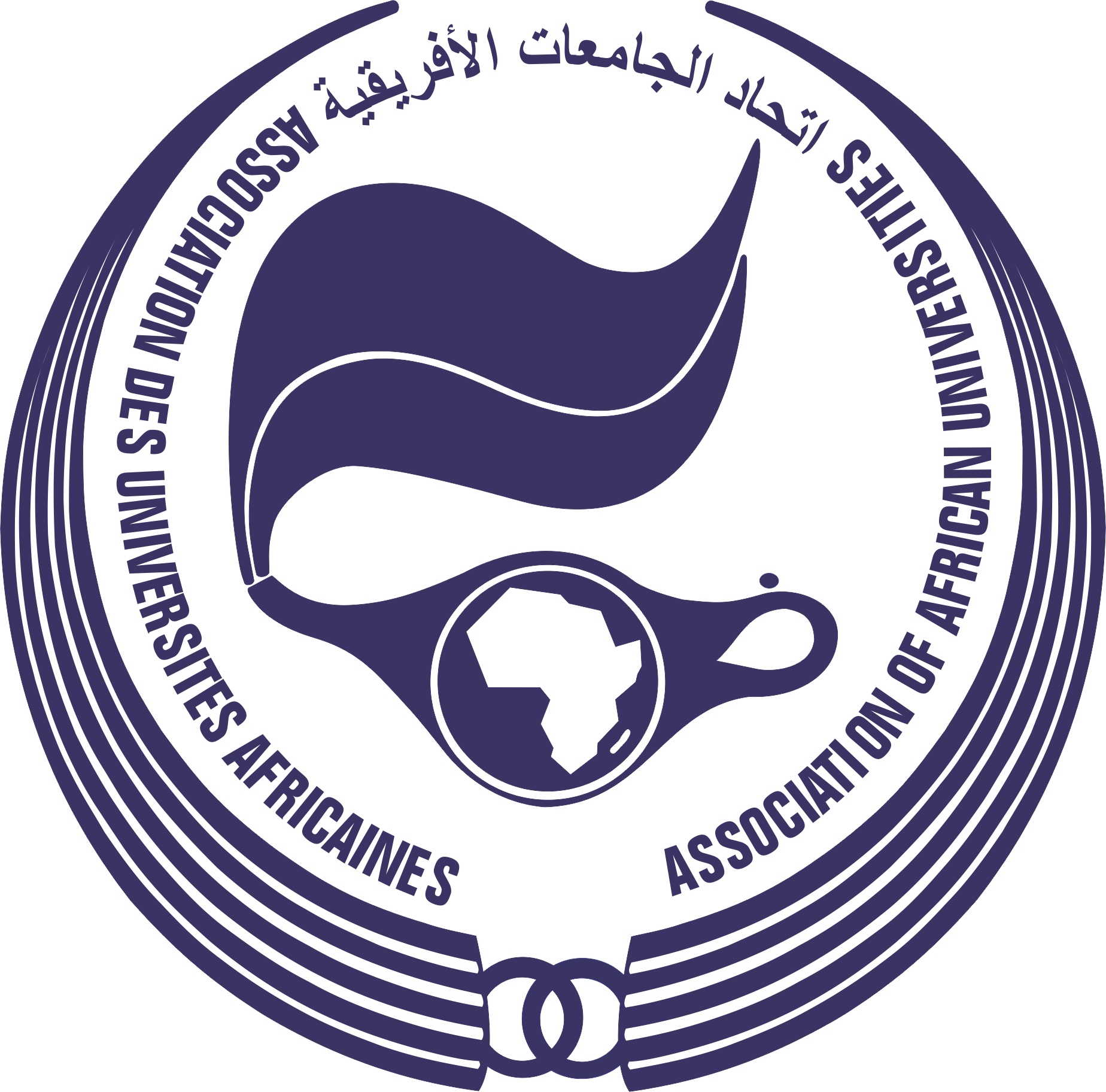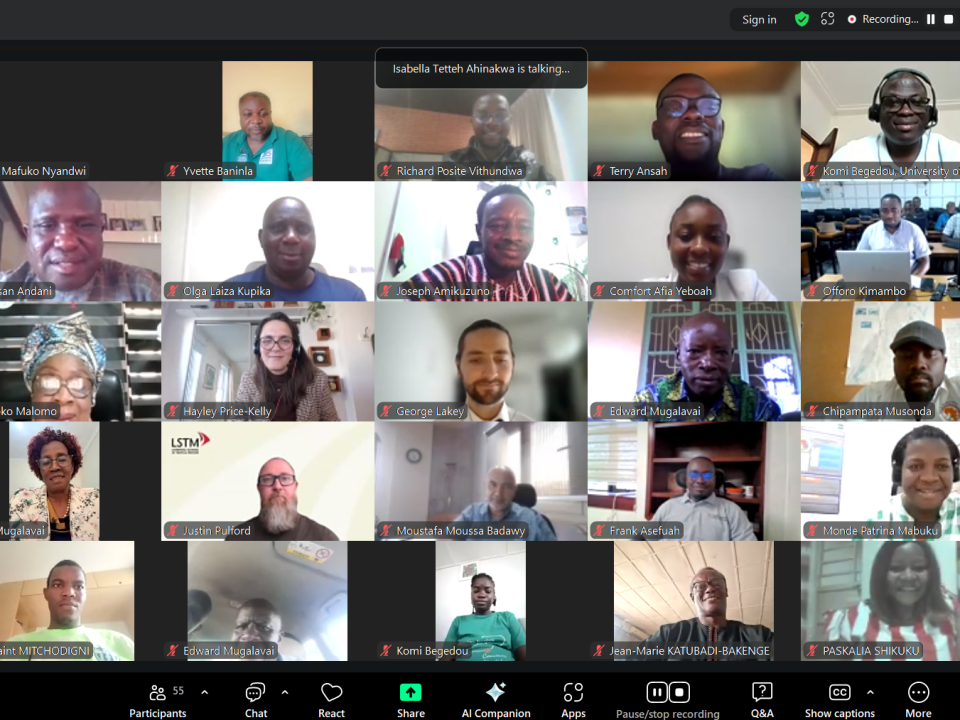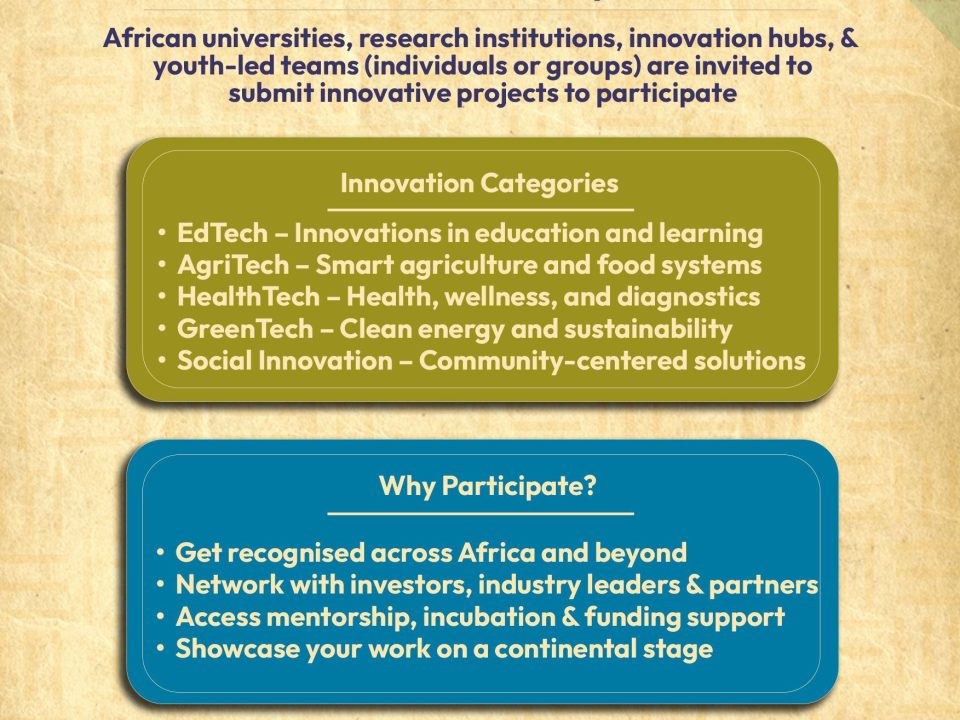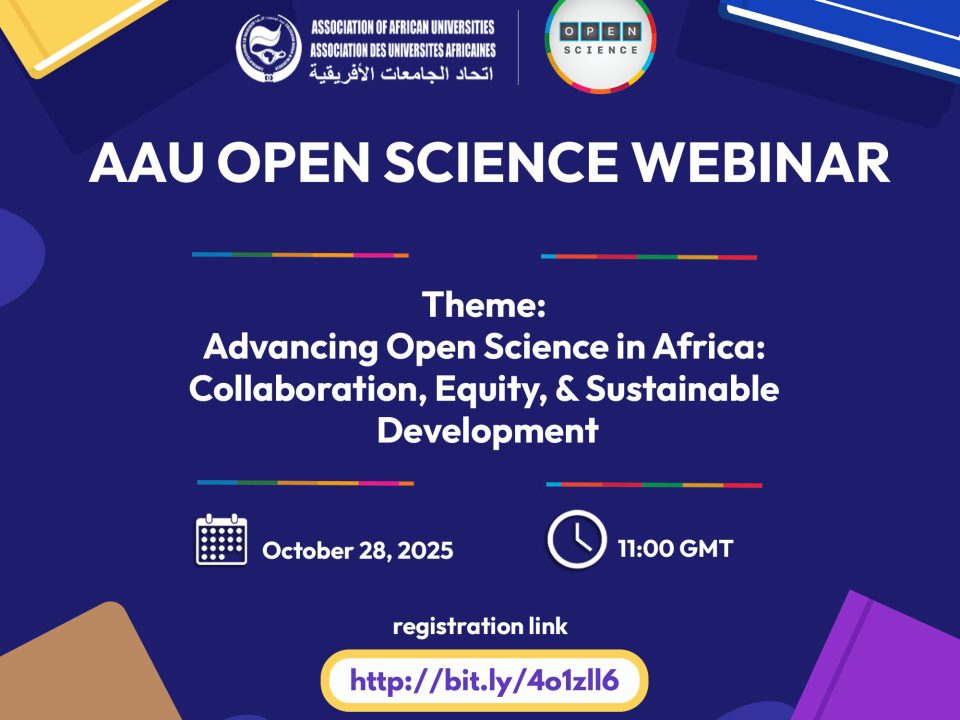
Le vice-chancelier de l’UNAM élu président de l’AUA, défend la souveraineté du savoir et prône une renaissance académique portée par la jeunesse
July 25, 2025
Renewal of Prof. Olusola Oyewole’s Mandate as Secretary General of the Association of African Universities – Renewed Leadership to advance African Higher Education’s Strategic Priorities
July 27, 2025Press Release
For Immediate Release
AAU 16th General Conference Charts Bold Future for African Higher Education
Rabat, Morocco [July 25, 2025] — The Association of African Universities (AAU) has returned to its founding city, Rabat in Morocco for its 16th Quadrennial General Conference, marking a historic homecoming 58 years after its establishment in 1967. Close to 500 higher education thought leaders, including university vice-chancellors, researchers, policymakers, industry players, and development partners, converged at the conference, held from Monday, 21 July 2025 to today, Friday, 25 July 2025.
Hosted by University Mohammed VI Polytechnic (UM6P), the landmark conference, themed Shaping the Future of Higher Education for Innovation and Sustainable Development in Africa, spotlighted Africa’s pressing education issues—from demographic surge and digital transformation to equity and research sovereignty—while presenting bold, actionable solutions to reengineer the continent’s higher education systems for long-term, sustainable impact.
Setting the tone at the opening plenary, Prof. Hicham El Habti, President of UM6P, urged African universities to transcend their traditional roles and act as “living laboratories” to drive the real-world change it is seeking. “African universities must become engines of knowledge and innovation. Collaboration and resilience are no longer optional—they are our lifelines,” he emphasized.
Echoing this sentiment, Prof. Olusola Oyewole, AAU’s Secretary-General, stressed the need to invest in Africa’s growing youth population—projected to hit 2.5 billion by 2050: “With the right partnerships and investments, our universities can turn Africa’s youth into the cornerstone of our socio-economic transformation.”
The five-day event featured 12 plenary sessions and dynamic dialogues in parallel sessions covering research, digital technology, quality assurance, inclusivity, entrepreneurship, and continental policy alignment. Below are some of the major issues the conference tackled:
- Reclaiming African Research and Knowledge Sovereignty
The conference strongly endorsed Diamond Open Access (DOA) and the African Platform for Open Scholarship (APOS) to promote free, inclusive publishing, including in African languages, elevate the visibility of homegrown scholarship, and enhance its contribution to global scientific output, which currently stands at a paltry 1%. University of Cape Town’s Dr. Reggie Raju succinctly captured the essence of this point when she said, “Without reclaiming our scholarship, Africa risks perpetual dependency.”
- Ethical Integration of AI and Digital Learning
The conference revealed that while 87% of African students are already using generative AI tools, gaps remain in faculty preparedness and infrastructure. To fill these gaps, delegates resolved to develop ethical AI policies, expand digital micro-credentials, and equip both students and educators with AI, critical thinking, and creativity skills.
- Inclusion of Marginalized Groups
The conference also revealed that only 1% of persons with disabilities and 3% of displaced youth enrolled in African universities and called for their urgent inclusion in higher education without delay. “Innovation cannot happen without inclusion,” said Dr. Yeukai Mlambo, stressing the need to actively engage women, refugees, and persons with disabilities.
The conference also spotlighted models of youth engagement and institutional innovation. UM6P’s entrepreneurship ecosystems, which integrate venture capital, digital farming, and student-led innovation, were cited as blueprints for the continent. The Africa Higher Education Centres of Excellence for Development (ACE) initiative, celebrating 10 years of impact, was also cited as a reference point, having achieved 87% PhD and 83% master’s graduate employment rates (out of its over 100,000 postgraduates), over 10,000 research outputs, and increased university-industry partnerships. The ACE program was unanimously endorsed as a “regional model”—one that should be consolidated and scaled across countries to mentor emerging institutions.
Africa’s Higher Education Reimagined
At the close of the conference, delegates committed to the following resolutions:
- To strengthen pan-African collaborations through shared infrastructures, mobility schemes, and joint research.
- To advance inclusive education to achieve 15% enrolment of women, refugees, and persons with disabilities by 2030.
- To reclaim knowledge sovereignty by scaling DOA and APOS to at least 20 institutions by 2026.
- To embed AI and digital literacy across curricula and institutional strategies.
- To professionalize research systems.
- To scale youth innovation via university-based incubators, venture funding, and experiential learning.
- To institutionalize and expand ACE centers as fully integrated, nationally funded innovation hubs.
These great resolutions and bold commitments were reflected in the words of AAU’s Prof. Oyewole: “This Conference is a call to action: to invest boldly, collaborate intentionally, and transform Africa’s universities into engines of innovation, equity, and resilience. The future of our youth—and our continent—depends on it.”
Moving from Dialogue to Action
As a follow up, the AAU, in partnership with the African Union, UNESCO, Mastercard Foundation, and other development partners, committed to establishing a continental taskforce to monitor the implementation of the Rabat resolutions outlined above, hosting a pan-African Open Science & AI Summit in 2026, enhancing resource mobilization for education innovation across Africa, and supporting HEIs to align with the CESA and TVET strategies—CESA 2026–2035 and TVET 2025–2034—which the conference also launched.
The Conference also highlighted growing collaboration with international partners, particularly reaffirming AAU’s partnership with the China Association of Higher Education’s (CAHE) to advance joint research, support digital transformation, and strengthen institutional capacity across Africa’s higher education.
Ahead of the main conference, a series of pre-conference workshops were held from July 19–20, 2025, focusing on key themes such as strengthening cybersecurity, integrating artificial intelligence, and driving policy through research, communication, and strategic partnerships—all geared toward the transformation of higher education in Africa. In parallel, several partner-led side events aligned with the broader vision of reshaping African higher education took place. To further promote collaboration and visibility of institutions, a dedicated exhibition was held as part of the conference, providing institutions and partners with a platform to showcase services, solutions, and products that support the ongoing transformation of African universities.
As the conference advanced, participants forged concrete partnerships and frameworks to position African universities as global leaders in innovation and sustainable development. With its unique blend of strategic dialogue, scientific rigor, and pan-African collaboration, the conference delivered lasting impact on Africa’s higher education landscape. As Africa enters a decisive phase of growth, the outcomes of AAU’s 16th General Conference set the stage for universities to lead not only in education—but in reshaping the destiny of the continent.
For Media Inquiries:
Dr. Felicia Nkrumah Kuagbedzi, AAU Communications -fnkrumah@aau.org
Resources
- Conference Brochure – https://repository.aau.org/index.php/s/Lp2tKmTqm92pGzJ
- Live Updates: @AAU_67 | @UM6P_official
- Facebook/YouTube/LinkedIn – Association of African Universities




